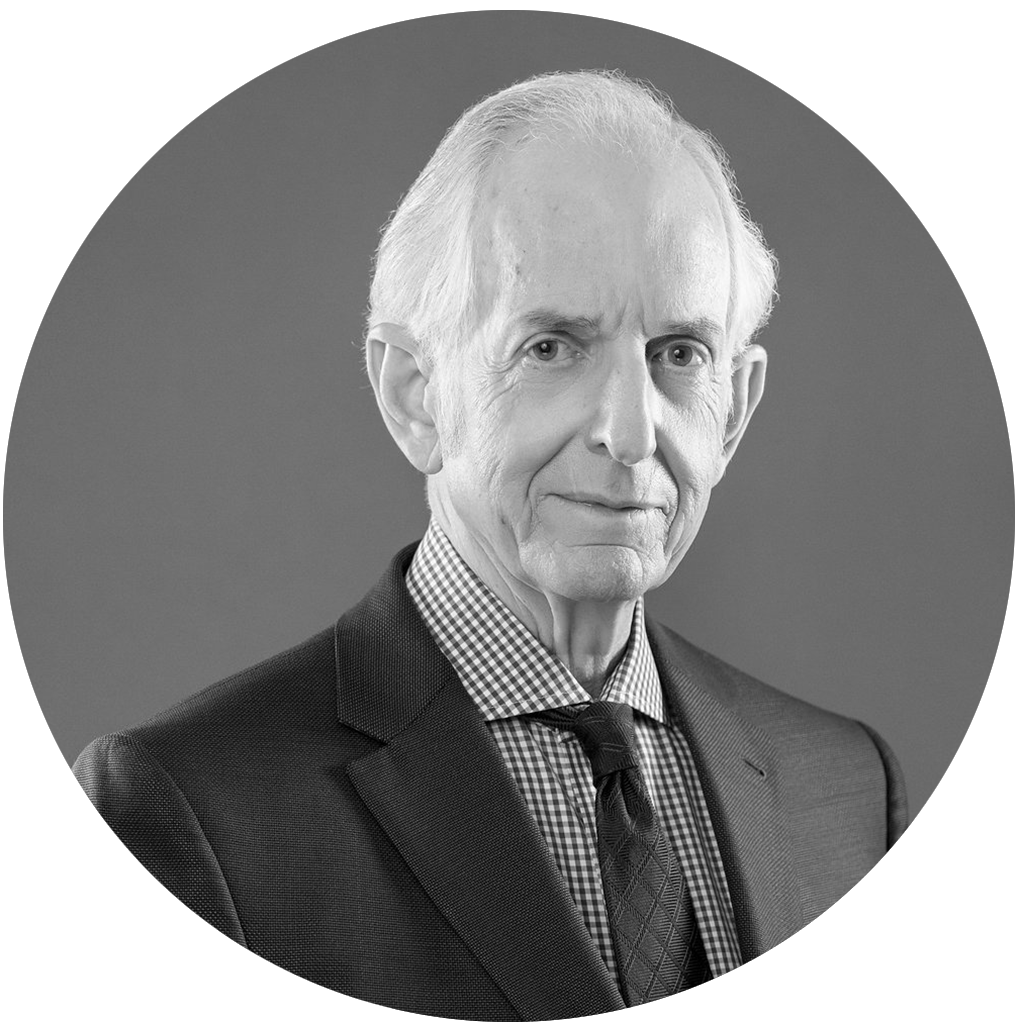Seneca On Fact Investigations: Revisiting The Obvious
by Larry Carson
Lucius Annaeus Seneca (4BC-AD65), the Roman Stoic philosopher, provides us with 2000-year-old practical wisdom for dealing with fact investigations, particularly those involving mass tort. In The Epistles, Seneca discussed the importance of focusing on the obvious even though some might think it unnecessary since it is in fact- obvious.
————————-
Your company has been and continues to be sued. And now the cases are getting bunched into MDLs after late night television ads began popping up lambasting your product and offering easy financial gain. There must be a better way to vet these seemly disparate matters.
You’ll need answers sooner rather than later. An obvious solution for gathering that information is to immediately execute your plan for the fact investigation. The plan should cover the following:
- Protocols and Checklists– What needs to be done, who will do it, how will the results be reported, who is responsible for seeing that it’s done, and what will it cost? These are the central themes to cover. The protocol should include checklists with specific tasking and parties assigned with overall monitoring. A central data repository will be essential to communicate and continuously move forward.
- Timing is Everything– Be aware that there may be problems from the beginning where numerous plaintiffs have trodden for weeks, months and sometimes years before the filing is made public . From the get-go, you may find that the landscape is littered with numerous hazards to overcome: witnesses already located and interviewed, records obtained, evidence secured and protected, social media vaporized, and a host of other obstacles to work through. The protocol must address all the timing issues that start to run as soon as notice is received. One day’s delay can see the deletion of facts that could have greatly enhanced the defense of the case. And once deleted, those very facts may never resurface.Witnesses move, die, hide, refuse to cooperate, forget, and/or join up with opposing counsel. Public records are sealed, lost, redacted beyond recognition, relocated to protected archives or deleted to name just a few ways that once open and available public records morph into less desirable forms. Social media goes private, posts are taken down, accounts are closed, once popular sites go dormant and new sites come up. The clock is ticking. Make certain that you aren’t caught coming in late.
- Data Capture, Spotting Trends and Analysis– The capture and filtering of pertinent data with resulting analysis will give further insight by extracting meaningful information to spot trends and make strategy corrections. How many people share similar backgrounds including: health issues, life styles, litigation history, addiction, risky behavior and social media activity? Can triage be preformed to group parties and their attorneys according to data sets? What new revelations can be seen in order to begin predictive analysis? It is only after seeing the bigger picture that one gains insight into the obvious and begins to see order where only chaos once reigned.
What a plan looks like in real life. A case from our files …..
The client awoke to bone-rattling news regarding a new mass tort products filing. It was not a time to pull the covers over his head, although I’m sure that seemed an attractive alternative at the time. Instead, the client was fully committed from the start and asked us for timely research (as in- right now rather than later) to build comprehensive profiles on the entire group of plaintiffs who were all alleging similar debilitating injuries which were supposedly and solely caused by the client’s product.
Our public records research and witness interviews revealed case after case of prior civil and criminal activity by a large majority of the group members. Also included in the fact finding were numerous entry points for building alternative causation defenses, and also questions about the lingering effects of the alleged injuries. There’s nothing like a Facebook fanatic bragging about the physical exploits of her family members.
All of this information was combined into master timelines in order to track all the important dates and in some cases compare to the timelines submitted by the adverse parties. For example- if the plaintiff was so incapacitated on a particular date, how did he manage to win the three-legged race at the local fair, and also polish off an entire funnel cake completely unassisted?
End result- all cases eventually dismissed with no payments made.
In summary
Seneca stressed the importance of addressing the obvious. But Seneca lived in a time without the Internet, social media, the ease of filing large numbers of cases, and the numbing effect of simply being overwhelmed with available information. Should he speak to us today, I believe the great Stoic would fine-tune his approach, but still build on the original foundation:
We miss much that is set before our very eyes
A lesson for us all-Pay attention.
————————-
Letter 94, Moral Letters to Lucilius
By Seneca
People say: “What good does it do to point out the obvious?” A great deal of good; for we sometimes know
facts without paying attention to them. Advice is not teaching; it merely engages the attention and rouses
us, and concentrates the memory, and keeps it from losing grip. We miss much that is set before our very eyes. Advice is, in fact, a sort of exhortation. The mind often tries not to notice even that which lies before our eyes; we must therefore force upon it the knowledge of things that are perfectly well known. You know that friendship should be scrupulously honored, and yet you do not hold it in honor. You know that a man does wrong in requiring chastity of his wife while he himself is intriguing with the wives of other men; you know that, as your wife should have no dealings with a lover, neither should you yourself with a mistress; and yet you do not act accordingly. Hence, you must be continually brought to remember these facts; for they should not be in storage, but ready for use. And whatever is wholesome should be often discussed and often brought before the mind, so that it may be not only familiar to us, but also ready at hand.
And remember, too, that in this way what is clear often becomes clearer.


